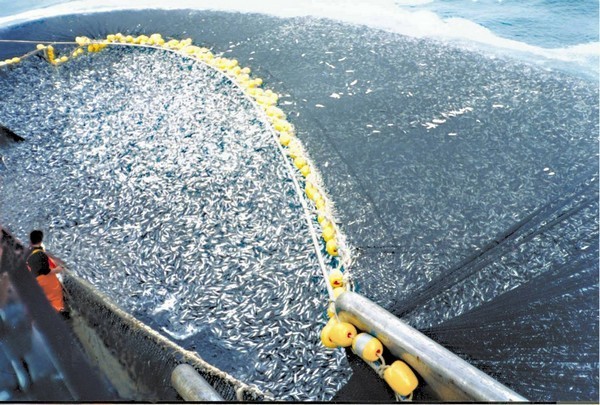Morocco’s fisheries sector
Zakiya Driouch, Secretary of State for Morocco’s Minister of Agriculture and Fisheries, said on Wednesday in Rabat that the Moroccan fisheries sector achieved an export turnover of nearly MAD 31 billion in 2023, with a volume of 847,000 tonnes.
Driouch made her remarks during a meeting with associations and federations operating in the sector, noting that the exports of this strategic industry represent 7% of Morocco’s total exports and 39% of agricultural food product exports.
Morocco is home to 518 units for processing marine products, mainly consisting of freezing, canning, and semi-canning units, in addition to other activities related to product valorization, she said, emphasizing the importance of the sector’s significant contribution to both food security and job creation opportunities.
Royal directive and subsequent efforts made over the past two decades have allowed the sector to strengthen its position, she argued. With investments exceeding MAD 930 million in 2023, Driouch noted, Morocco has managed to enhance its international standing to become a regional and global leader in the fisheries industry.
The industry also creates more than 126,000 direct job opportunities, despite the difficult conditions faced by the sector due to climate change, she said.
Driouch also noted the need to strengthen the gains achieved in recent years by enhancing the partnership between the public and private sectors, adopting new measures aimed at modernizing infrastructure, and exploiting the potential of the blue economy.
Aquaculture today represents an important alternative for preserving marine resources and meeting the needs of the processing industry, she said, emphasizing the need for marine equipment suppliers to be involved in ensuring the regularity and quality of this supply.
Read also: Morocco-EU Deals: Ideology, Politics Dictate EU Court’s Latest Ruling
She also called for strengthening the sector’s role in creating job opportunities, one of the government’s main priorities.
Morocco has long emphasized the importance of boosting the aquaculture sector.
In July last year, the Ministry of Agriculture inaugurated the construction work of the country’s first hatchery for marine fishing.
The project, which aims to produce up to 30 million high quality fry of sea bream, sea bass, and other species of interest to national aquaculture farms, is in line with the “Halieutis” mechanism launched by the King in 2009.
Morocco’s fisheries industry is one of the key sectors that attracts significant international cooperation, establishing the North African country as a world leader in the field.
The importance of Morocco’s position was evident in the wake of the European Court of Justice’s controversial ruling that called for the termination of the EU-Morocco fisheries agreement for violating “the right to self-determination” of “the population of Western Sahara.”
Many major EU countries and members of the European Parliament rejected the ruling, committing instead to maintaining their “highly strategic cooperation” with Morocco while describing the country as an essential and indispensable ally for Europe.
The EU itself reiterated its support for the agreements and stressed the importance of maintaining strong and solid relations with Morocco.



